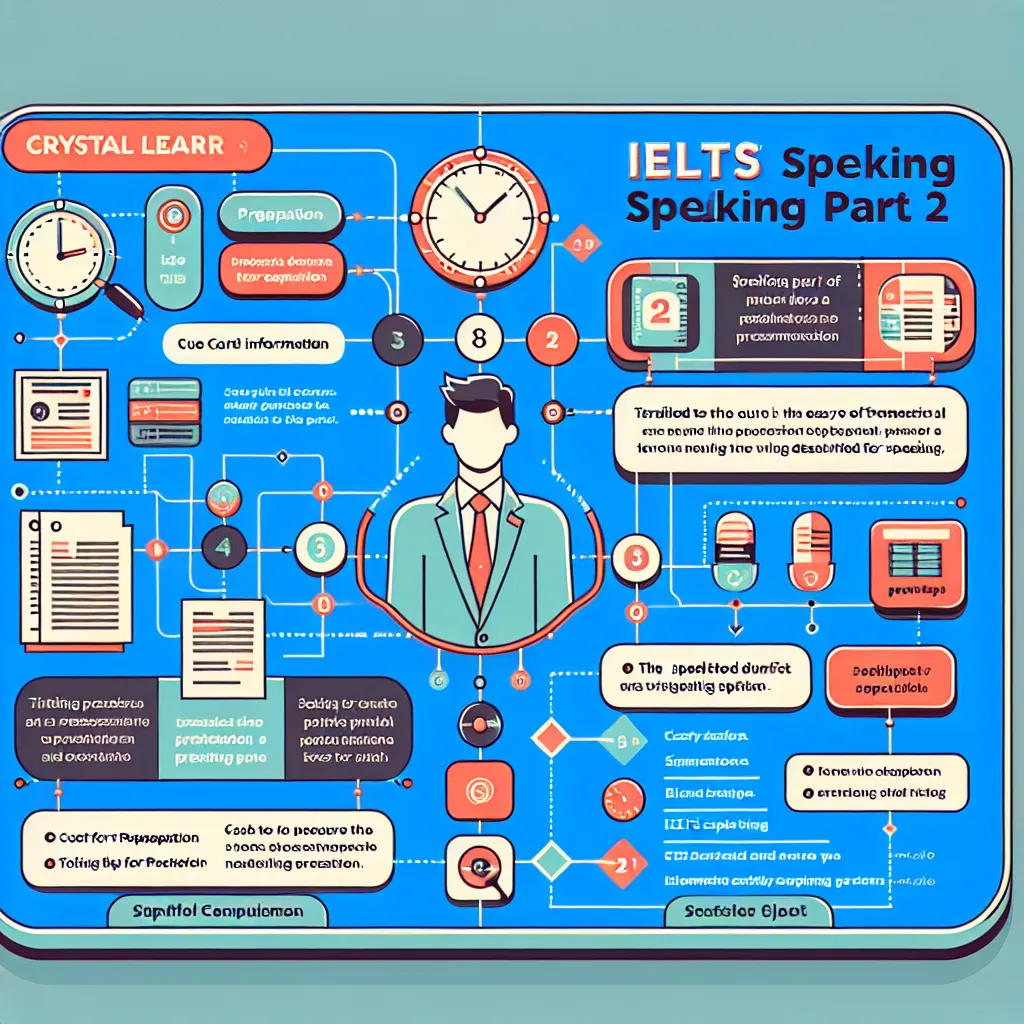Preparing for the IELTS Reading section can be a challenging task, but with the right strategies and consistent practice, you can significantly improve your performance. As an experienced IELTS instructor and content creator for LearnEnglish.NET, I’ll share some valuable insights on how to best prepare for this crucial component of the IELTS exam.
Understanding the IELTS Reading Section
Before diving into preparation strategies, it’s essential to understand what the IELTS Reading section entails. This section assesses your ability to read and understand various types of texts, from academic articles to general interest pieces. You’ll have 60 minutes to answer 40 questions based on three passages, each increasing in difficulty.
 IELTS Reading Section Overview
IELTS Reading Section Overview
Effective Strategies for IELTS Reading Preparation
1. Develop a Daily Reading Habit
One of the most crucial steps in preparing for IELTS Reading is to establish a consistent reading routine. This habit will not only improve your reading speed but also enhance your comprehension skills.
- Read diverse materials: Include newspapers, academic journals, and non-fiction books in your reading list.
- Set a daily reading goal: Start with 30 minutes a day and gradually increase the duration.
- Practice active reading: Take notes, summarize key points, and reflect on what you’ve read.
2. Focus on Time Management
Time pressure is a significant challenge in the IELTS Reading test. To overcome this, practice timed reading exercises regularly.
- Use a timer: Set 20 minutes for each passage when practicing.
- Allocate time wisely: Spend about 2-3 minutes skimming the text before answering questions.
- Practice speed reading techniques: Learn to identify key information quickly without losing comprehension.
3. Improve Your Vocabulary
A strong vocabulary is crucial for understanding complex texts and answering questions accurately.
- Create a vocabulary journal: Note down new words and their contexts.
- Use flashcards: Review new words regularly to reinforce your memory.
- Learn word families: Understanding root words, prefixes, and suffixes can help you decipher unfamiliar words.
4. Master Different Question Types
The IELTS Reading section includes various question types. Familiarize yourself with each type and develop specific strategies for tackling them.
- Multiple choice questions: Eliminate incorrect options before selecting your answer.
- Matching headings: Identify key themes in paragraphs to match them with appropriate headings.
- True/False/Not Given: Look for specific evidence in the text to support your answer.
- Gap-filling exercises: Pay attention to grammatical structures when filling in blanks.
5. Practice with Past Papers and Mock Tests
Using official IELTS practice materials is an excellent way to familiarize yourself with the exam format and difficulty level.
- Attempt full-length practice tests: This helps build stamina and improves time management.
- Analyze your performance: Identify patterns in your mistakes and focus on improving weak areas.
- Use official IELTS resources: The Cambridge IELTS series and the Official IELTS Practice Materials are highly recommended.
 IELTS Practice Materials
IELTS Practice Materials
6. Develop Skimming and Scanning Techniques
These skills are essential for quickly locating specific information in the text.
- Skimming: Practice reading the first and last sentences of each paragraph to grasp the main ideas.
- Scanning: Train your eyes to quickly spot key words, names, dates, and numbers in the text.
- Use a pencil or finger: Guide your eyes while reading to maintain focus and increase speed.
7. Improve Your Grammar and Text Structure Understanding
A solid grasp of English grammar and text organization will help you comprehend complex passages more easily.
- Study common sentence structures: Familiarize yourself with various clause types and their functions.
- Understand discourse markers: Learn to identify words that signal relationships between ideas (e.g., however, therefore, in contrast).
- Analyze text organization: Practice identifying introduction, body, and conclusion in different types of texts.
Important Tips to Remember
- Read the instructions carefully: Each question type may have specific instructions that you need to follow.
- Don’t spend too much time on one question: If you’re stuck, move on and come back later if time permits.
- Transfer your answers carefully: Ensure that you copy your answers accurately to the answer sheet within the given time.
- Manage your stress: Stay calm and focused during the test. Regular practice will help build your confidence.
Next Steps in Your IELTS Reading Preparation
Now that you’re equipped with these strategies, it’s time to put them into practice:
- Create a study schedule: Allocate specific time slots for each aspect of IELTS Reading preparation.
- Take a diagnostic test: Assess your current level and identify areas for improvement.
- Join IELTS study groups: Collaborate with other test-takers to share tips and motivate each other.
- Consider professional guidance: If you’re struggling, an IELTS tutor can provide personalized strategies and feedback.
Remember, consistent practice and a strategic approach are key to success in the IELTS Reading section. By following these guidelines and continuously refining your skills, you’ll be well-prepared to tackle the challenges of the test and achieve your desired score.
We’d love to hear about your IELTS Reading preparation experiences. What strategies have worked best for you? Share your thoughts in the comments below, and don’t forget to check out our other IELTS preparation guides for more expert advice!




